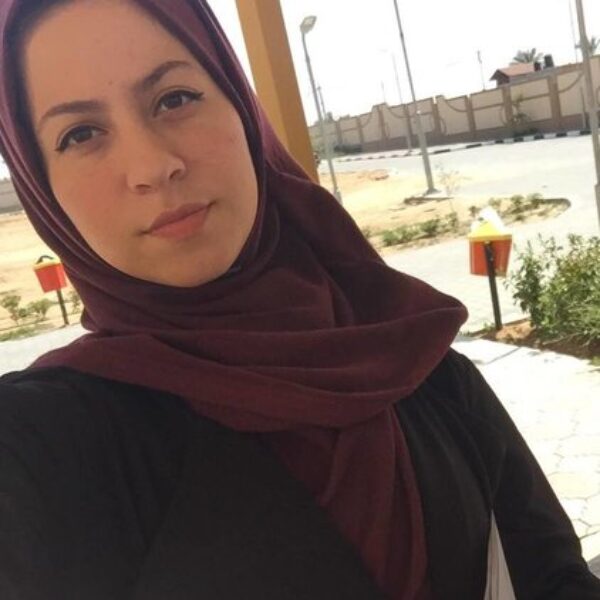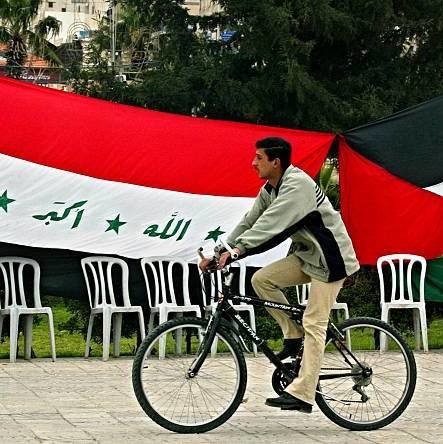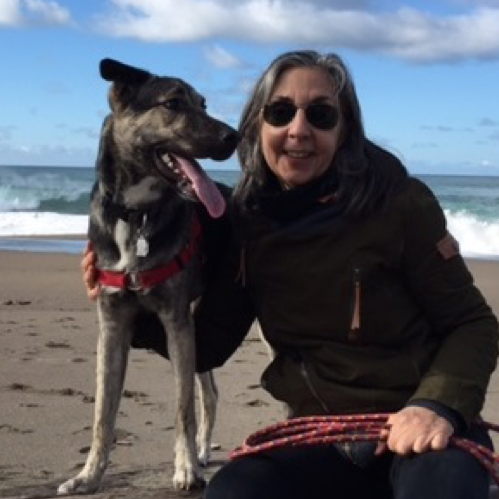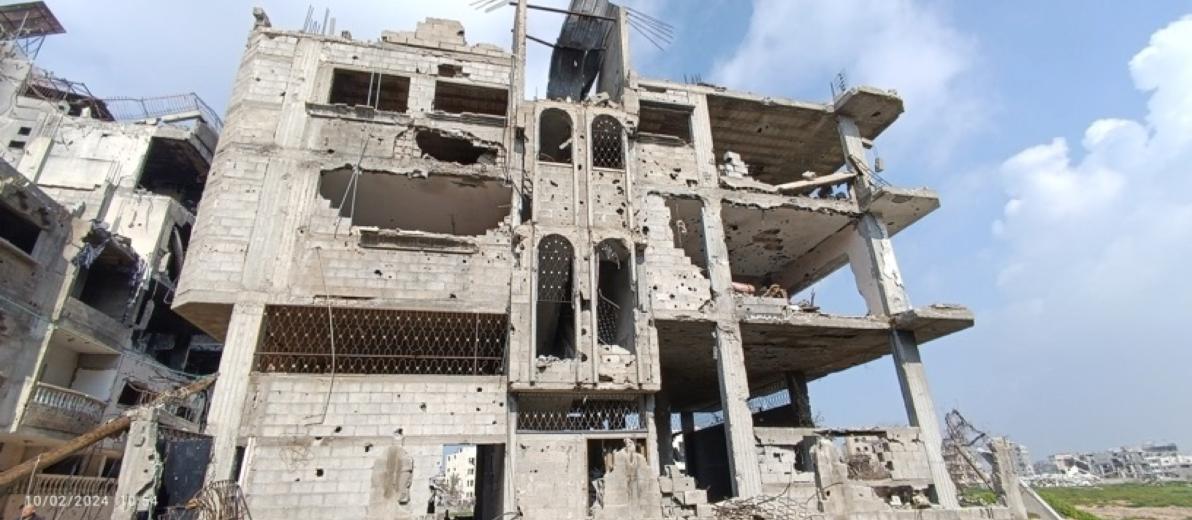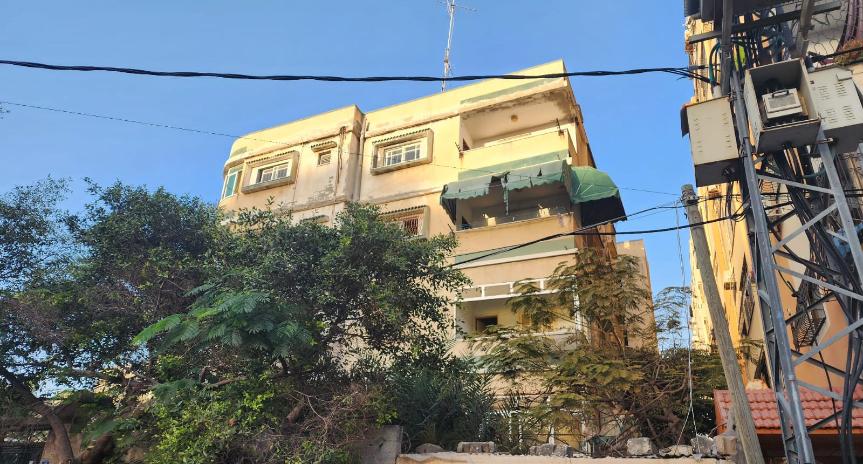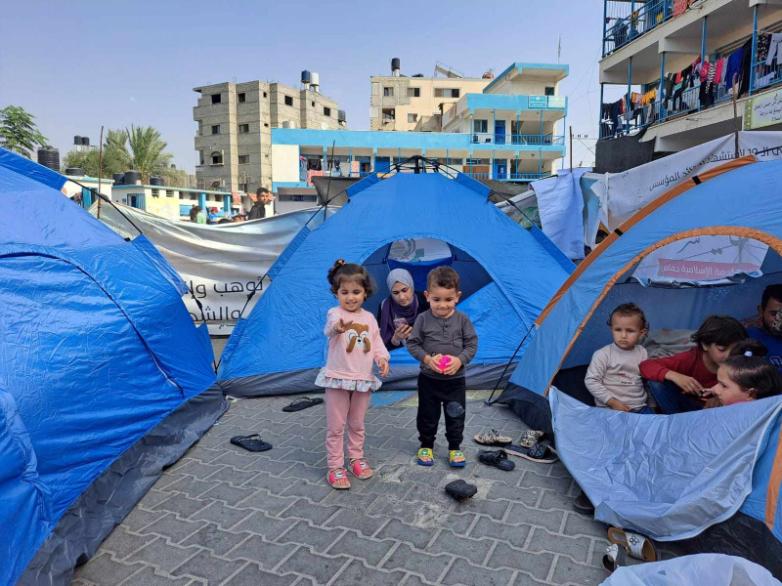When the U.S. bombing of Iraq started in 2003, many people fled the country, including 18 Palestinian families who came to Gaza. This is the story of the Abo Obaid family, as told to me by one of the children, 21-year-old Rola.
“I feel I am a stranger in my native country, because I do not have the right to a Palestinian identity.” That is what Rola said just before sharing the tale about how she came to Gaza.
Rola’s paternal grandfather, Mohammed Abo Obaid, lived in Gaza, Palestine, until the 1967 war with Israel, when he left to study in Iraq. There, he completed his education, found a job, married and had children—including his son, Wajdy.
Wajdy later married his cousin from Jordan, Afaf, in 1994. They made their home in Iraq and, eventually, the couple had six children, including Rola.
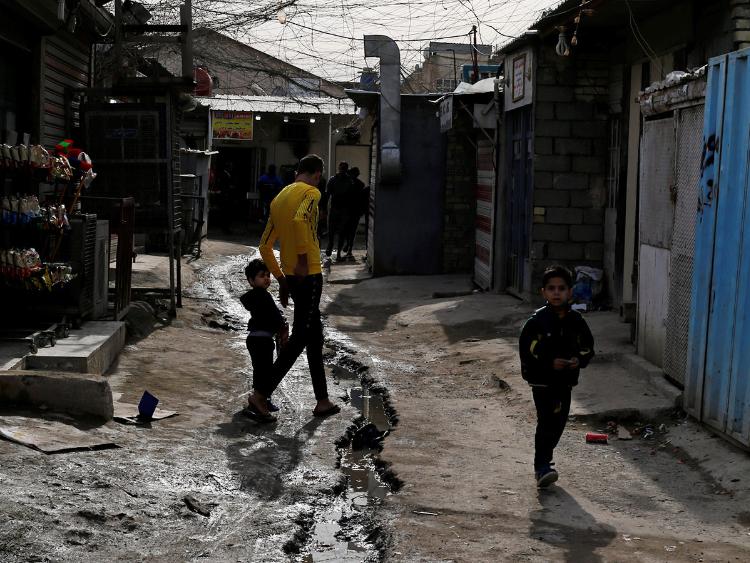
Among the many facts forgotten in the wake of the U.S. war on Iraq is that under Saddam Hussein, Palestinians were given the same rights as native Iraqis to get an education, obtain health care, get a job, etc. All that changed on March 20, 2003, when the United States and its allies began bombing Iraq under the pretense that Hussein was hiding weapons of mass destruction.
Iraqi forces defended their country at the beginning of the invasion,” Rola said. But after Hussein was executed by the Americans, divisions between Sunni and Shia surfaced. With Shia militias working to establish dominance, thousands of Sunnis were intimidated, kidnapped and even killed.
Then the Obaid family was targeted. When Shia militants broke into their home, Rola recounted, they began shooting their guns to intimidate the family. While Wajdy tried to protect his children, Afaf gathered the family’s important papers such as birth certificates, passports and other documents. Then grabbed them and fled with the little money they had and only the clothes they were wearing. A taxi driver offered to drive them to the Jordanian border for the equivalent of $400. Feeling they had no choice, Wajdy agreed. Near the border, a Jordanian policeman directed them to a refugee camp in Ruwaished, a town in far eastern Jordan.
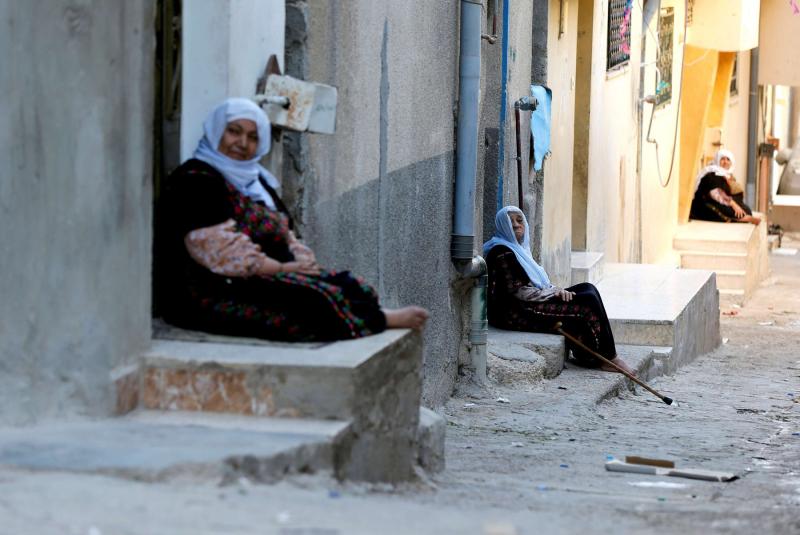
It took the family several days to reach Ruwaished, where they were surprised to find many Palestinian friends as well as Iraqi families. Many of the refugees were well educated, like Wajdy, and had held high positions before the war. However, here, they found themselves without housing, food or even restrooms.
Jordanian troops quickly set up additional tents and promised to facilitate visits by the Red Cross and the U.N. High Commissioner for Refugees. The refugees were stunned when Jordanian forces instead began erecting fences around them. “It seemed like it was all planned; the Jordanian officials seemed very well organized,” Rola recalled.
To make the situation worse, Afaf was two months pregnant and in danger of losing her baby. Wajdy pleaded with her to leverage her Jordanian passport and leave for a better place, but she refused, saying she could not leave her children in such dire conditions.
Wajdy, Afaf and their children stayed in Ruwaished for eight months. At first, they only had tomatoes, cucumbers and cheese to eat. Later, canned goods were allowed into the camp and the refugees were able to build restrooms.
When Jordanian officials decided to conduct a census of the refugees, the group nominated Wajdy as their representative, since had a degree in journalism and had been trained by Palestinian forces to work for the Voice of the Battles radio program. Wajdy developed a process to count the families, including the ages and number of children.
When one of their Rola’s siblings, who was 5, was overcome by heat and had difficulty breathing, Afaf and the child were allowed to leave for three days for better medical care.
Later, the Red Cross brought more tents and volunteers to teach the children Arabic and religion. A Jordanian charity organization brought daily meals, newspapers, Qur’ans and crayons for the children. Wajdy made sure Rola, who was 7 at the time, and her sister Noor, who was 8, read and copied their articles from the newspapers every day so they would know how to read and write.
Meanwhile, through her family in Jordan, Afaf appealed to the court to grant them Jordanian passports so they could leave the misery of the camp. Finally, Wajdy and the children were granted permission to leave, but his mother was not.
“We couldn’t leave her, so we had no choice but to put my grandmother in our luggage,” said Rola. “All along the way, we called to her, ‘Grandma, can you hear us? Grandma, are you OK?’”
However, Wajdy was not allowed to work, so eventually he decided to return to Gaza for a position with the Palestinian Authority. He told Afaf he would sort out his affairs, find a home and a job, arrange the family’s documents and try to restore his rank with the Palestinian military so she and the children could follow him.
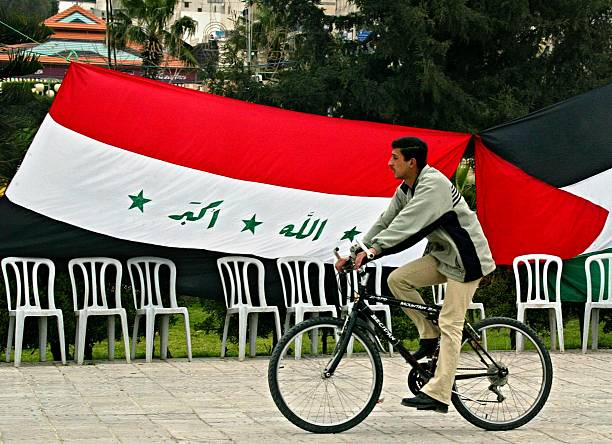
It was 2007 when Wajdy finally arrived in Gaza. He sent a letter to Palestinian President Mahmoud Abbas detailing his service in Iraq and the positions he had held there. Nevertheless, he was offered the low salary of a Palestinian soldier—the same pay he draws today.
Three months later, the family was ready to leave Jordan and join Wajdy. They reached Egypt and stayed in a friend’s home, waiting for the Rafah crossing into Gaza to open. That day didn’t come, then a surprise happened: A group of young Palestinians broke through the crossing gate, allowing a gush of movement. Rola and her children were among those who seized the moment and entered.
Gazans who fled from Iraq still get together from time to time to reminisce about the country and their customs there. They have dinners together, listen to popular songs and share stories. But because Hamas frowns on such gatherings, they are infrequent and brief.
Wajdy continues to appeal to the Palestinian Authority for a salary that reflects his service and rank. However, the family members have yet to receive a national identification number from Israel, which is needed to receive permission to leave Gaza. So, for now, they are “stuck.” Even when Wajdy’s mother was very ill, they were unable to leave.
Meanwhile, war followed them to Gaza. The three Israeli wars on Gaza during the past 11 years brought the memories of Iraq rushing back. And this time, it was worse.
“What I always fear the most is losing one of my family members,” Rola says. “Especially now that we have no relatives around. But this seems to be our life.”

